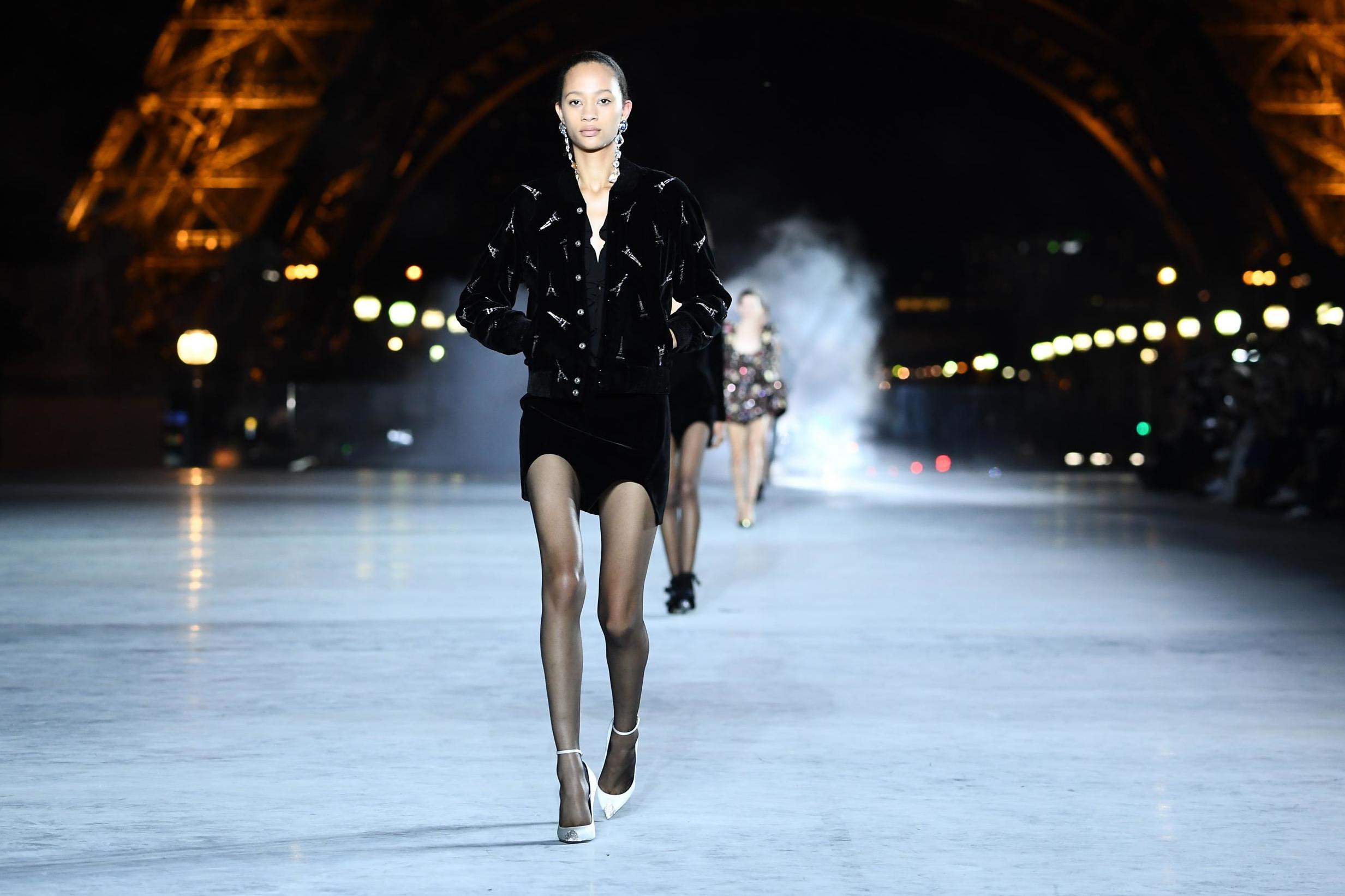France is banning companies from Photoshopping images of models in adverts
Digitally-altered images will require an ‘edited’ note from Sunday

Your support helps us to tell the story
From reproductive rights to climate change to Big Tech, The Independent is on the ground when the story is developing. Whether it's investigating the financials of Elon Musk's pro-Trump PAC or producing our latest documentary, 'The A Word', which shines a light on the American women fighting for reproductive rights, we know how important it is to parse out the facts from the messaging.
At such a critical moment in US history, we need reporters on the ground. Your donation allows us to keep sending journalists to speak to both sides of the story.
The Independent is trusted by Americans across the entire political spectrum. And unlike many other quality news outlets, we choose not to lock Americans out of our reporting and analysis with paywalls. We believe quality journalism should be available to everyone, paid for by those who can afford it.
Your support makes all the difference.The fact that the photographs we see of models in magazines and on billboards are usually digitally-enhanced is a societal norm we have come to accept.
However, in France, this will no longer be the case.
In a bid to tackle misleading promotions, French advertisers will now be fined for editing model's bodies without indicating that the image has been digitally-altered, according to new rulings in place from Sunday.
Those who refuse to include the indicative "photographie retouchée" warning label on their edited images could be fined €37,500 (£33,000) or up to 30 per cent of the price it took to produce the advert, reports the BBC.
The government believes that image-doctoring is a public health issue and hopes that the new ruling will tackle the issue of seeing very thin-looking models in fashion campaigns, who promote an unhealthy and fundamentally unrealistic body image, given that these photographs are typically altered on the computer.
"Exposing young people to normative and unrealistic images of bodies leads to a sense of self-depreciation and poor self-esteem that can impact health-related behaviour," explained Health Minister Marisol Touraine when the ruling was announced in May.
However, the new law only prohibits the alteration of body shape and will not be applied to retouched hair or skin.
The ruling comes into place just months after it was revealed that France would also ban the employment of unhealthily thin models, requiring them to provide a doctor’s certificate to prove that they have been deemed fit to work.
Earlier this month, it was also announced that French retail giants LVMH and Kering - who own Dior, Louis Vuitton and Gucci between them - will ban the employment of size zero models.
Join our commenting forum
Join thought-provoking conversations, follow other Independent readers and see their replies
Comments